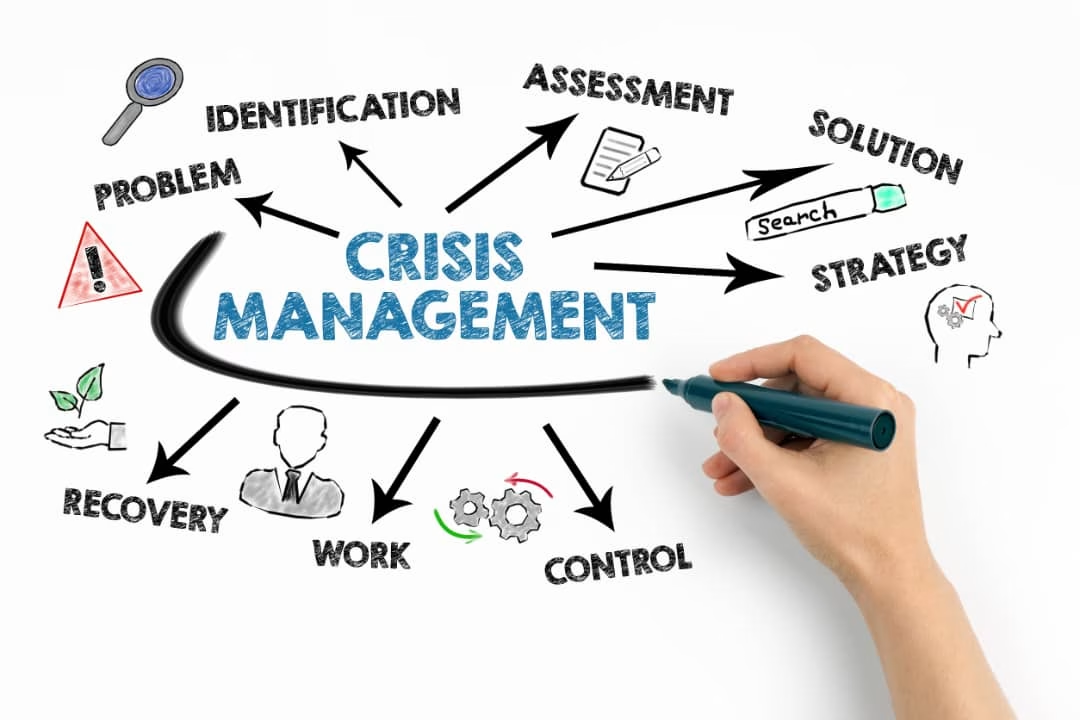Effective customer communication is essential in banking. However, many financial institutions in Tanzania struggle with it. Good communication strengthens relationships at all levels: with customers, suppliers, stakeholders, managers, employees, and boards. It also affects employee behavior, the efficiency of banking services, and the overall customer experience.
The Digital Banking Era and Rising Expectations

In today’s digital world, online payments and mobile transactions are the norm. Customers expect fast, secure, and user-friendly digital banking platforms. Yet, technology alone does not distinguish banks. Communication across all channels should be an integral part of these systems to ensure clarity, transparency, and timely updates that build trust and satisfaction.
As Sid Bhutan noted in an article published on June 24, 2024, “Banks should note that all of this remains possible within an environment where over 50% of consumers are prepared to switch to a competitor after a single unsatisfactory interaction.” Poor communication is a key reason for customer churn, and in an era of fragile loyalty, banks cannot afford such mistakes.
The Crisis Communication Gap

Despite technological advancements, many banks still struggle with crisis communication. Often, they respond slowly, unclearly, or misleadingly, actions that worsen crises and hurt trust. Crisis communication requires transparency by being open and honest about the situation, speed in delivering timely information to reduce speculation and panic, and clarity to ensure messages are simple, accurate, and easily understood across all channels.
Modern tools like social media, real-time alerts, and mobile push notifications should be part of a solid crisis communication plan. Well-trained teams, ethical leadership, and proactive planning are also crucial for rebuilding and maintaining public trust.
Why Many Banks Still Fail

A common mistake is lacking a proper crisis communication plan. Banks without one often respond slowly, are unsure of what to say, and have unclear leadership. This leads to wasted time, mixed messaging, and missed opportunities to reassure stakeholders.
This lack of readiness damages trust and loyalty, two vital assets in finance. A 2020 Accenture report highlighted that many customers, already financially strained, do not trust financial institutions to support their well-being. As Accenture warned, “The decisions and actions that banks take now as the crisis unfolds will greatly affect customers’ prospects and will be remembered for years to come.”
Crisis Management as a Strategic Imperative

Crisis management is about more than just damage control; it is vital for protecting financial stability and credibility. Unexpected events like cyberattacks, natural disasters, or economic downturns can disrupt banking operations. Proactive crisis management helps institutions respond quickly and manage risks in investment strategies, liquidity, consumer protection, and information management.
Artificial Intelligence (AI) provides useful tools for handling routine tasks and predicting risks, but it cannot replace human connection during crises. In fact, 63% of consumers prefer personalized communication with human agents when issues arise. This highlights the importance of training bank staff in crisis protocols, communication strategies, and scenario planning to ensure coordinated, human-centered responses.
Building Resilience Through Communication

The way forward for Tanzanian banks is clear: investment in communication should match the investments in technology and infrastructure. This involves creating structured crisis communication plans, training employees in crisis response and customer engagement, defining clear communication protocols and leadership responsibilities, leveraging AI to improve efficiency while maintaining human-centered interactions, and embedding ethics and transparency throughout all communication strategies
Trust, once lost, is difficult to regain. Banks must understand that in today’s competitive and highly connected world, poor communication is not just a weakness; it is a threat to survival.




Pingback: Banks in Crisis: Survive with PR or Collapse I Loth Makuza